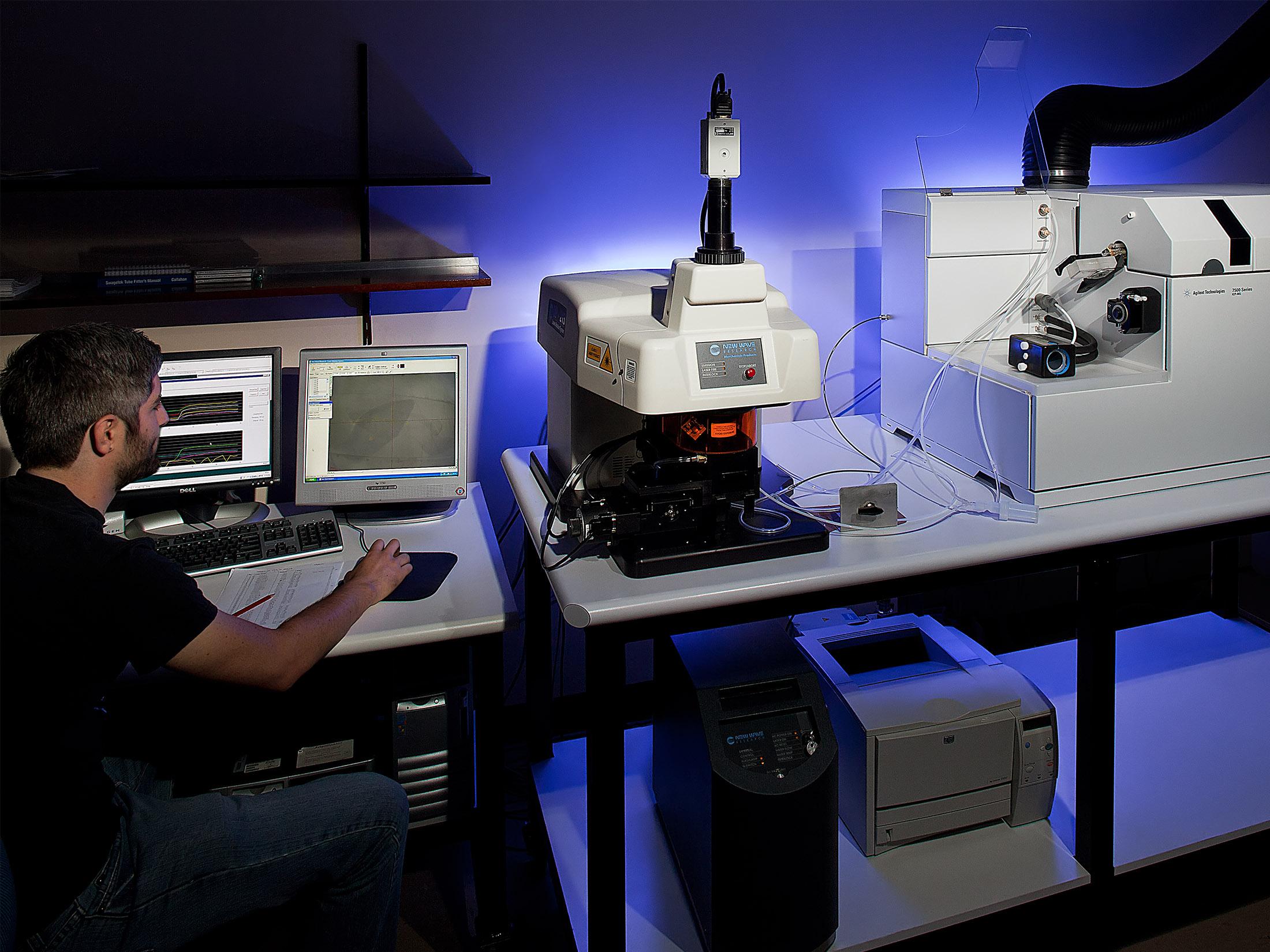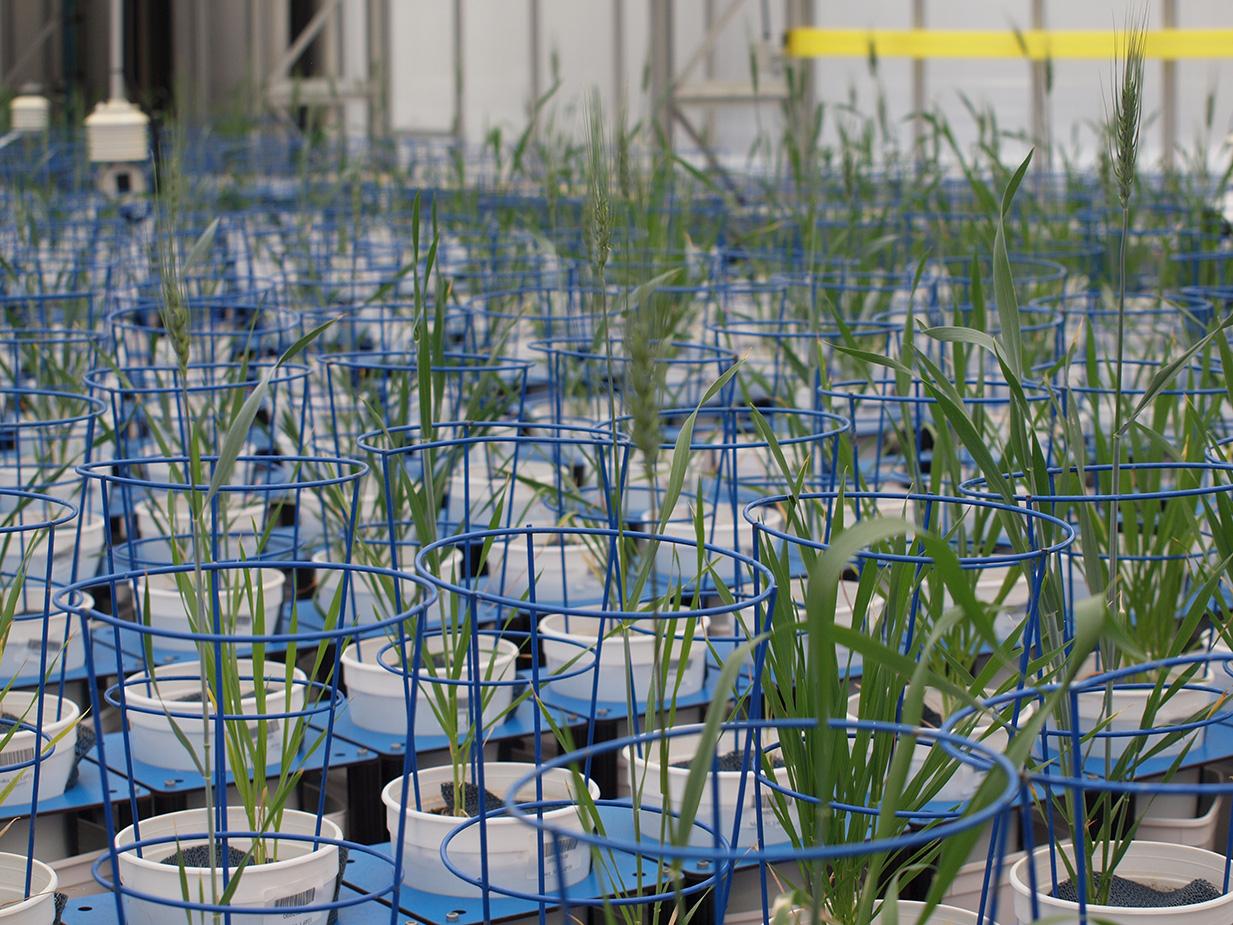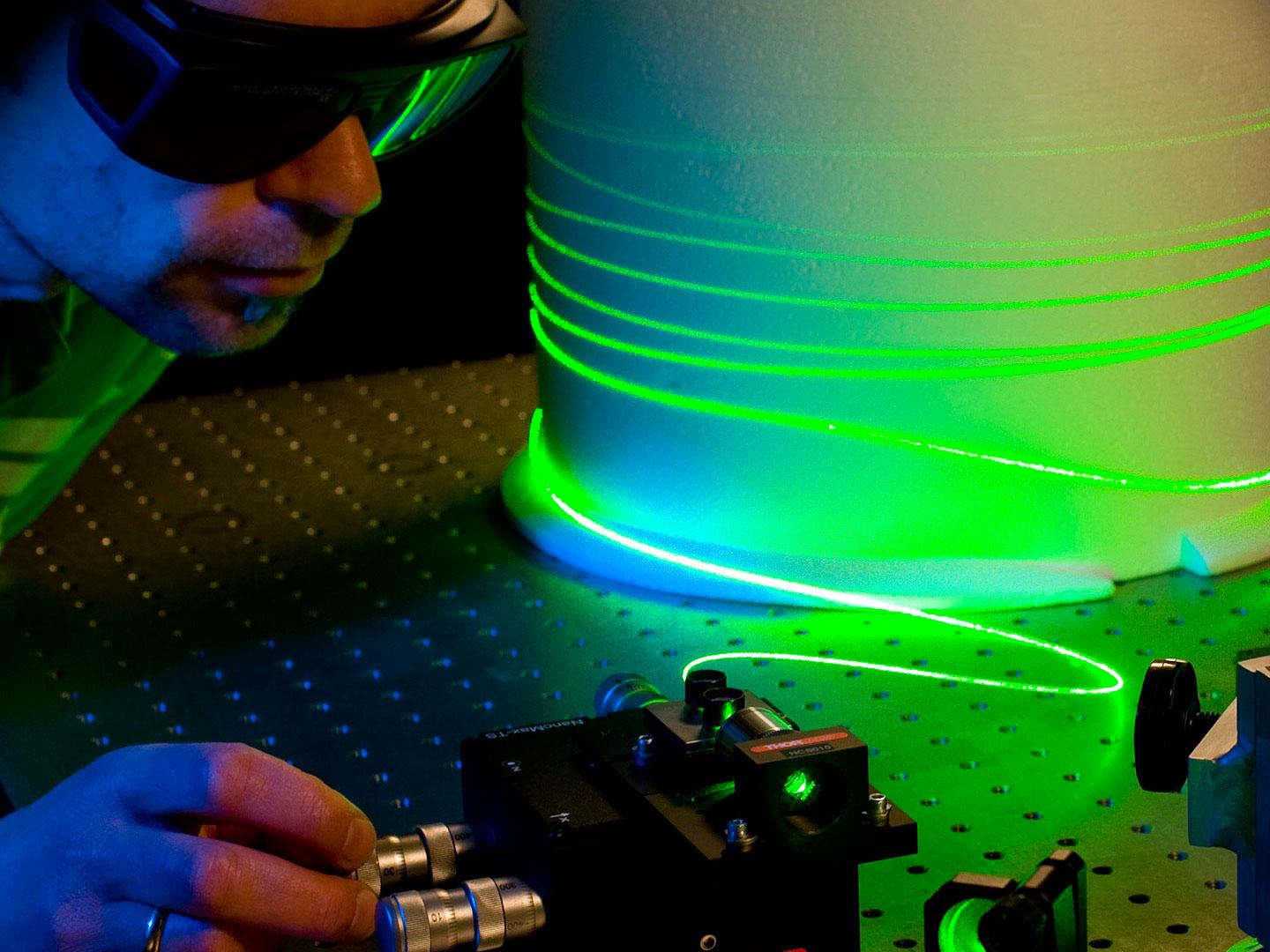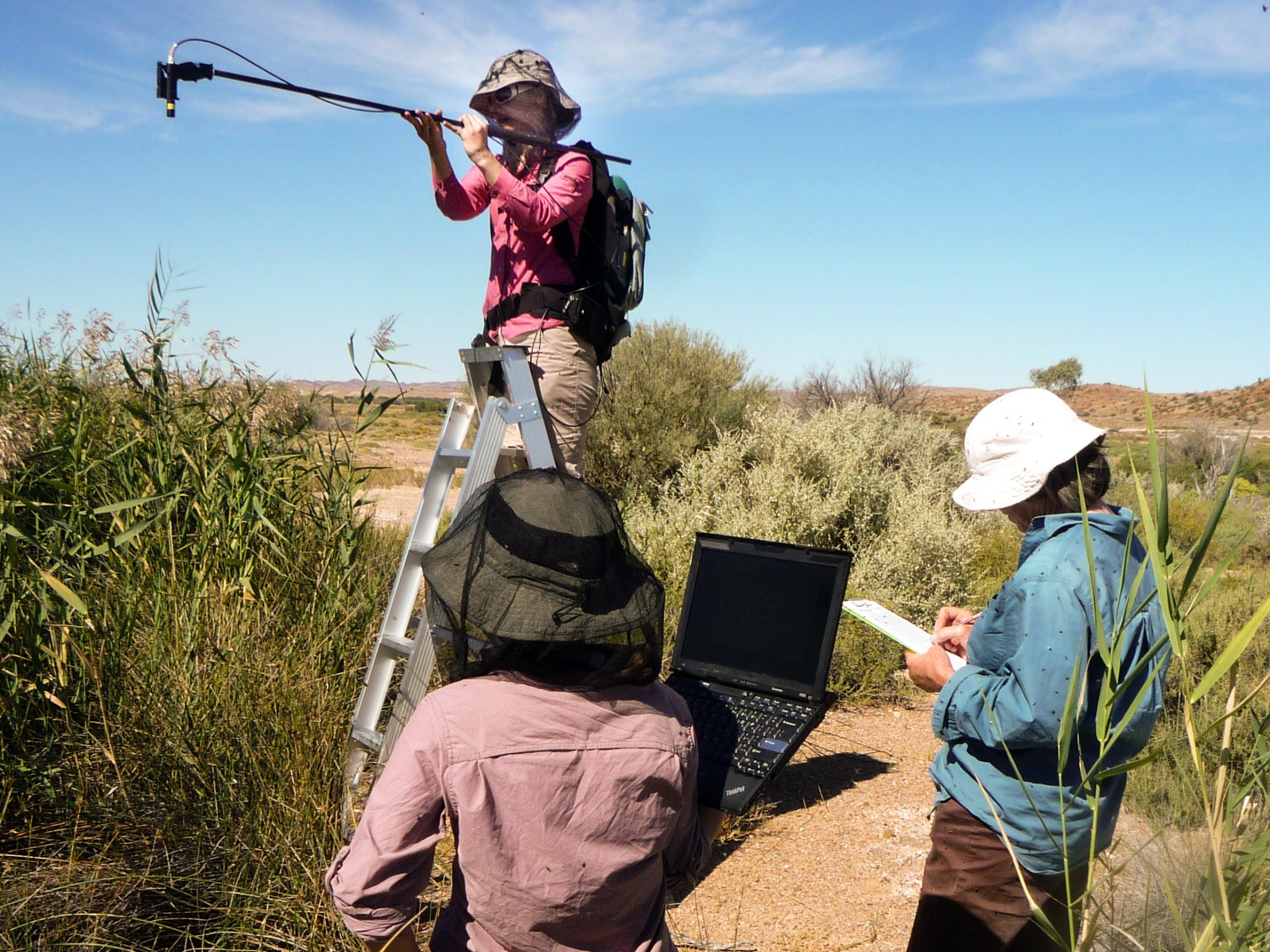$35.6 million boost for sciences' research infrastructure

Research for a range of industrial sectors including scientific, advanced manufacturing, defence, resources, biomedical and agriculture has received a major boost with new funding dedicated for research infrastructure based at the University of Adelaide.
The South Australian Government has announced $6.77 million of funding to support four of the National Collaborative Research Infrastructure Strategy (NCRIS) facilities based at the University of Adelaide. This will be matched by $7.2 million funding from the University, and adds to $21.67 million NCRIS funding from the Australian Government for a total investment in research capability of $35.64 million.
The funding will support:
- The Adelaide node of Microscopy Australia ($2,345,000 SA Government, $7,639,000 total investment);
- The Plant Accelerator at Waite campus, part of the Australian Plant Phenomics Facility ($2,250,000 SA Government, $12,250,000 total);
- Optofab Adelaide, part of the Australian National Fabrication Facility ($1,576,000 SA Government, $6,304,000 total);
- The Adelaide node of the Terrestrial Ecosystem Research Network (TERN) ($600,000 SA Government, $9,450,000 total).
“This is great news for South Australia, for these industry sectors and for the environment,” says Professor Michael Liebelt, Acting Deputy Vice-Chancellor Research, University of Adelaide.
“We know that South Australian industry and business needs to be powered by world-class research. At the University of Adelaide we have a strong track record of bringing together research excellence and unique facilities with industry expertise and investment.
“Such investment in research infrastructure is essential for the future of South Australia and is key to attracting and developing new industry and global partners for South Australia. This investment in research capability will directly support many of the University’s industry engagement priorities – which include defence; energy, mining and resources; health and biotechnology; and agrifood and wine – and our focus on environmental sustainability.”
New NCRIS funding

Adelaide Microscopy
The provision of internationally competitive scientific infrastructure for South Australia will include Ultra High resolution Scanning Electron Microscopy that will allow scientists and engineers to view materials at sub-nanometre scale; and a Cryo-Transmission Electron Microscope to better understand individual protein structures critical for crop, disease and medical research.

The Plant Accelerator
Data analytics and machine learning will be developed, in partnership with the University’s Australian Institute for Machine Learning. This will maximise the benefits for SA’s grain industry from new-cutting edge technology, including a custom-built X-ray CT scanner for screening tens of thousands of wheat spikes for heat, drought and frost damage, and a bespoke ground-based vehicle with latest imaging technology, enabling novel, in-depth measurements of field trials.

Optofab - Adelaide Node
The Optofab Adelaide Node will upgrade and extend its world-class optical fibre and glass fabrication facilities. It will ensure Australia stays at the forefront of glass and fibre research, fabricating optical components and devices used for fundamental and applied research projects in defence, environmental monitoring, medical technology, mineral exploration and processing, agriculture, food and wine.

The Terrestrial Ecosystem Research Network
New storage infrastructure as part of the establishment of a sophisticated system for ecosystem surveillance, monitoring and prediction in Australia.
This article was originally published as Research infrastructure receives $35.6 million boost.
